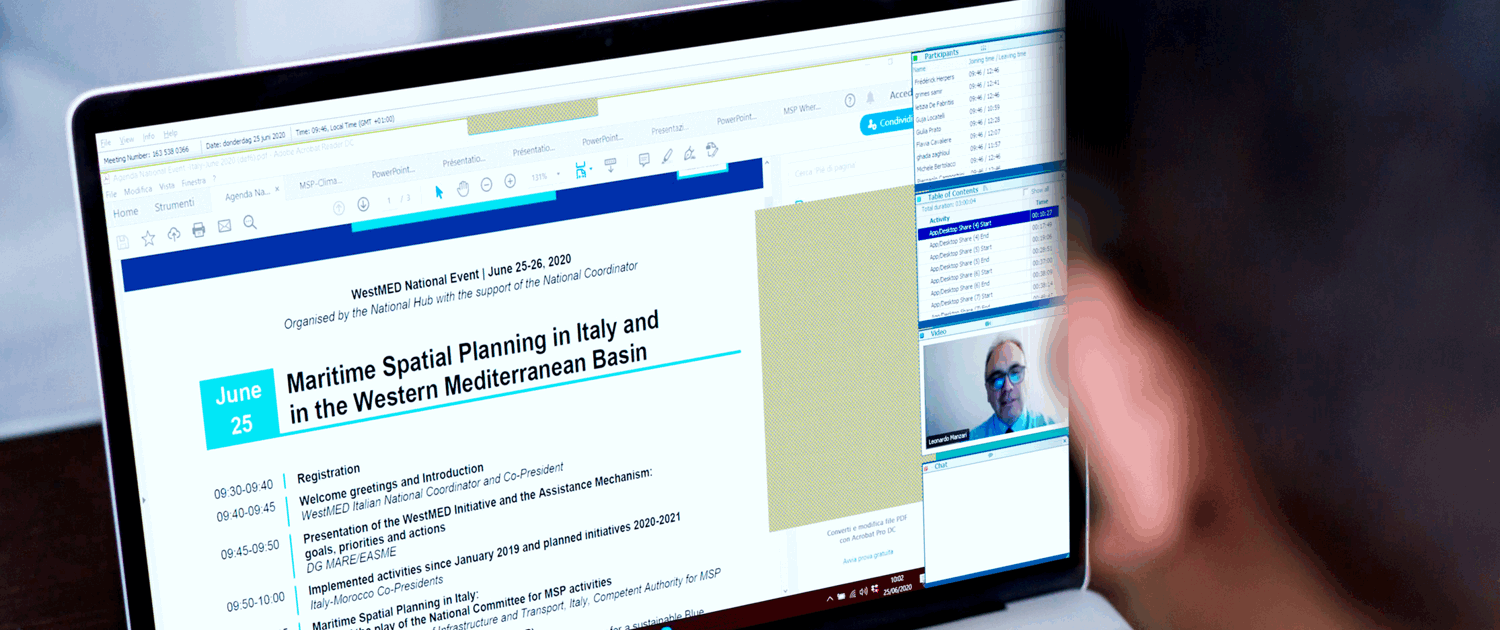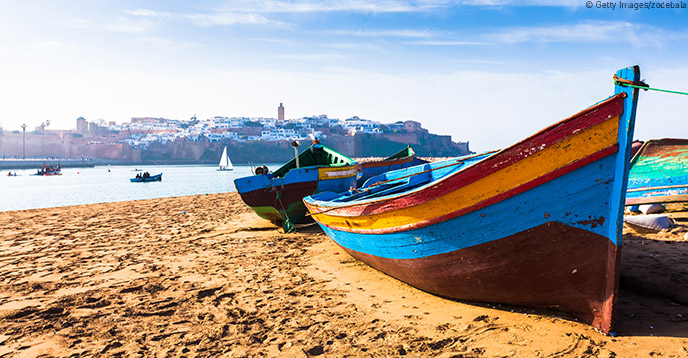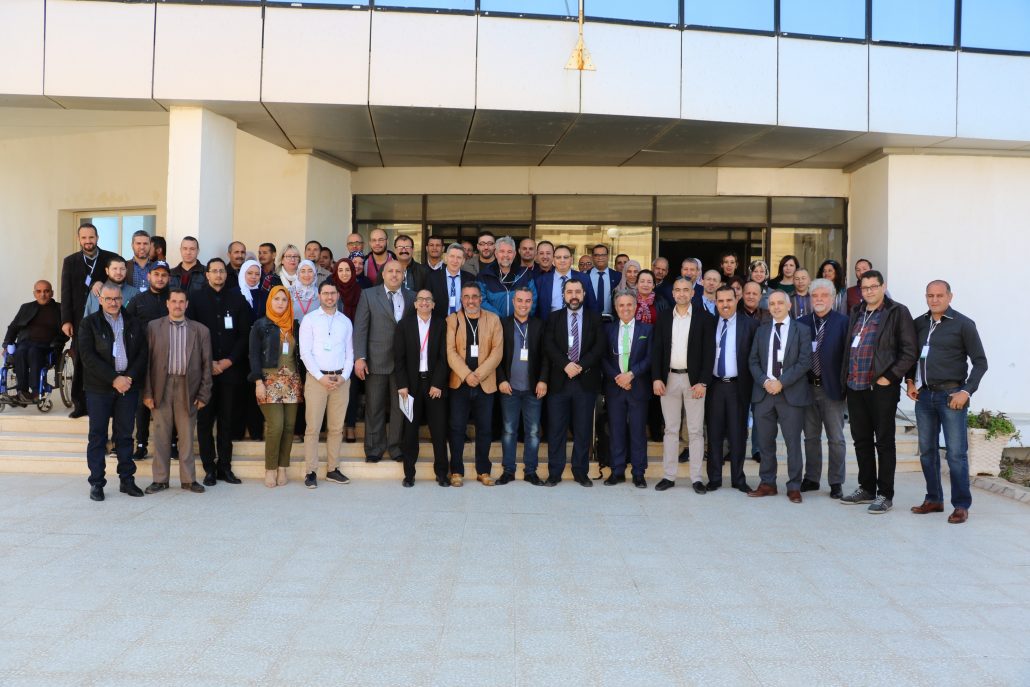More than 200 maritime stakeholders join online to discuss Italian MSP, Tourism and the new Italian-Tunisian cooperation

On June 25th and 26th 2020, the WestMED Italian National Hub, with the support of the National Coordinator and the WestMED Core Team, gathered over 200 stakeholders online. These were spread over four different sessions: two plenary thematic sessions in the morning and two networking sessions in the afternoon.
Considering the Italian co-presidency in 2020 – 2021, the event was given a high international profile, welcoming contributions from main European and Mediterranean experts, the EU Commission (DG MARE, DG GROW, DG MOVE, EASME), EU MSP Platform and UNESCO IOC – MSP GLOBAL, for the benefit of Italian stakeholders.
Parallel to the National Event, the WestMED Technical Group on Green Shipping held its second online meeting, advancing on the definition of possible common project ideas on a better use of LNG and clean energies in maritime transportation.
On June 25th, the topic of the day was Maritime Spatial Planning as a tool to enhance any harmonic Blue Growth in Italy and in the Western Mediterranean. It included the state of play of the Italian process towards the March 2021 target of the MSP National Plan and its importance for the Metropolitan Coastal cities, the infrastructures for energy and maritime transport, the combination between human coastal activities and the preservation of maritime habitat.
On June 26th, the need to identify a new sustainable model for tourism was in the spotlight, with a focus on trying to offer the sector a sustainable perspective, mitigating the current impact of COVID-1 and adapting to the new scenario imposed by the accelerated climate change.
As a second initiative, since the signature of their cooperation agreement, Italian and Tunisian maritime clusters held a b2b session and focused on four main topics: high maritime education and VET, Maritime Surveillance, Fishing and Aquaculture, Nautical sector. This in order to already define some priority actions to be implemented from September onwards.
Considering the appreciation expressed by the stakeholders, the Italian WestMED National Hub and WestMED National Coordinator foresee the opportunity to implement further occasions of networking, as a follow-up of the emerged partnership opportunities.


